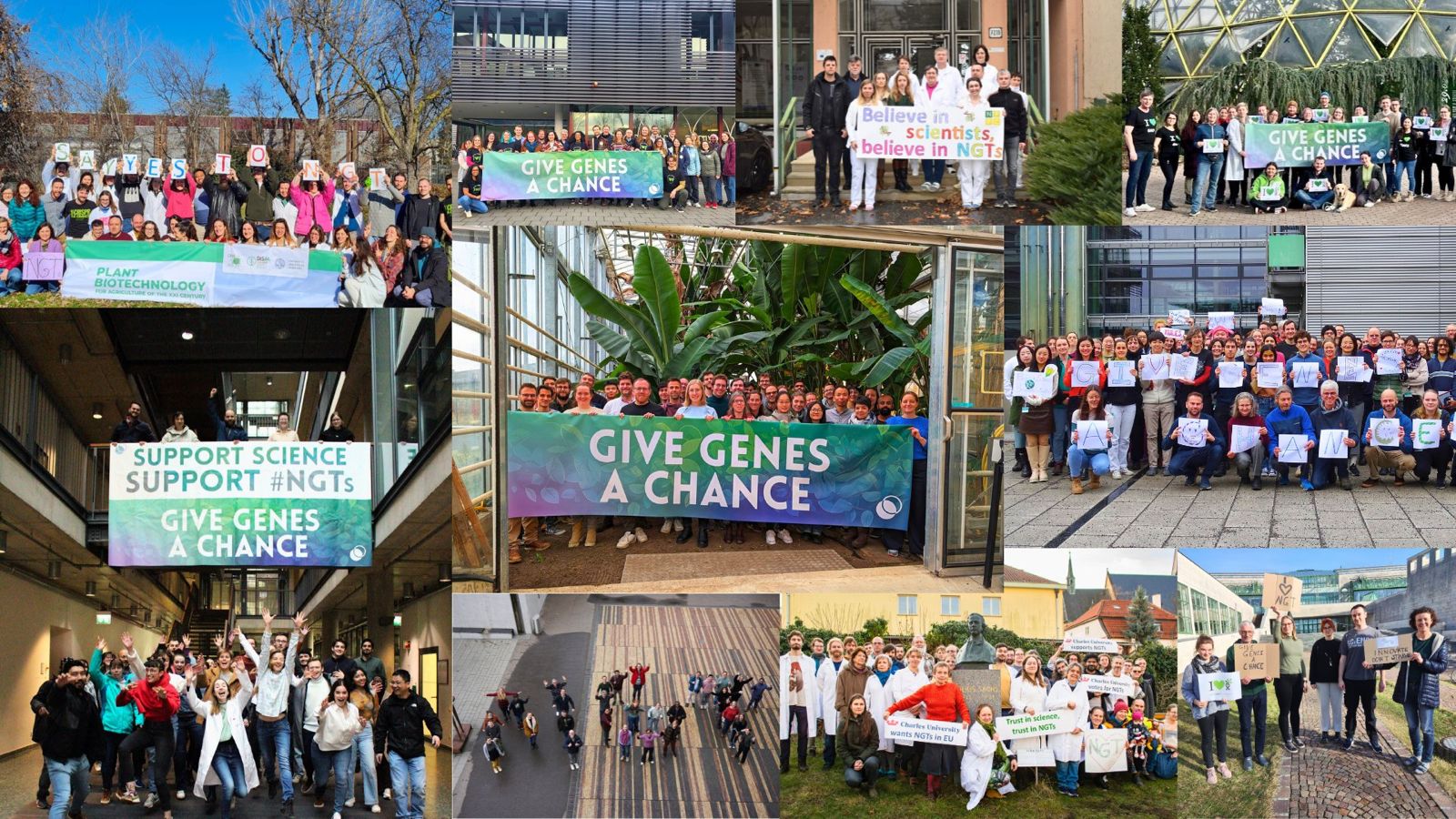-
The most notable New Genomic Technique under consideration is CRISPR-cas9, also known as ‘genetic scissors.’ Unlike traditional GMOs, the technique does not “import” DNA from other organisms and instead “edits” parts of the organisms’ genome to obtain desirable traits.
-
The vote will be held in the Strasbourg Plenary on February 7, with a debate on the afternoon of the 6th. It will consider a proposal by the EU Commission to relax regulations on NGTs. Similar legislation was passed in the UK following Brexit, making NGTs legal in that country.
-
The open letter signed by 37 Nobel prize winners and over 1,500 scientists can be read in full here.
-
WePlanet is entirely charitably funded and has no industry links, funding, or partnerships. Please find our transparency statement here.
-
Alliance for Science’s recent report found that rejecting New Genomic Techniques in Europe could cost up to 3 trillion in missed economic opportunities.
Over 1,000 scientists in 14 European nations have held unprecedented demonstrations nationwide urging MEPs to back New Genomic Techniques (NGTs) ahead of a crunch vote in the EU parliament tomorrow (February 7, 2024).
Gene editing technology, argue demonstrators from 29 European universities, will create crops that use fewer pesticides, are more resistant to disease, and are more climate resilient – but only if scientists and plant breeders are allowed to use them outside the lab.
The rare display of activism from the scientific community comes after 37 Nobel laureates and over 1,500 scientists wrote to MEPs last month to “reject the darkness of anti-science fearmongering” in the face of a fierce campaign run by anti-GMO activists.

“This is fundamentally about whether Europe trusts in scientists or not,” says Dr Hidde Boersma, PhD, a Dutch microbiologist and spokesperson for WePlanet who coordinated the campaign.
“The scientific community is overwhelmingly united in supporting NGTs and stands ready to use them to reduce pesticide use dramatically, create land efficient high yield crops, and unlock billions of Euros of economic growth. It’s time to reject superstition and believe in Europe’s young scientists.”
Holding banners reading “Support science, support NGTs!” and “Give genes a chance!” One thousand-two professors and researchers from 29 universities participated. A complete list of participating universities can be found here.
To swing the vote in favor of NGTs, participants tagged undecided MEPs on X, formerly Twitter, and undertook a mass email writing campaign to local MEPs throughout the day.
The action was coordinated by WePlanet, an international eco-humanist NGO that campaigns for nuclear power, cellular agriculture, and rewilding large areas of Europe.
Joel Scott-Halkes, Campaigns Director for WePlanet, says: “We’ve been blown away by this demonstration of support for NGTs from the scientific community. To see over 1,000 scientists in 14 nations taking coordinated action on one day is a historic display of scientists’ dedication to building a more sustainable future. Let’s hope MEPs share that dedication when they vote tomorrow!”
Background information
